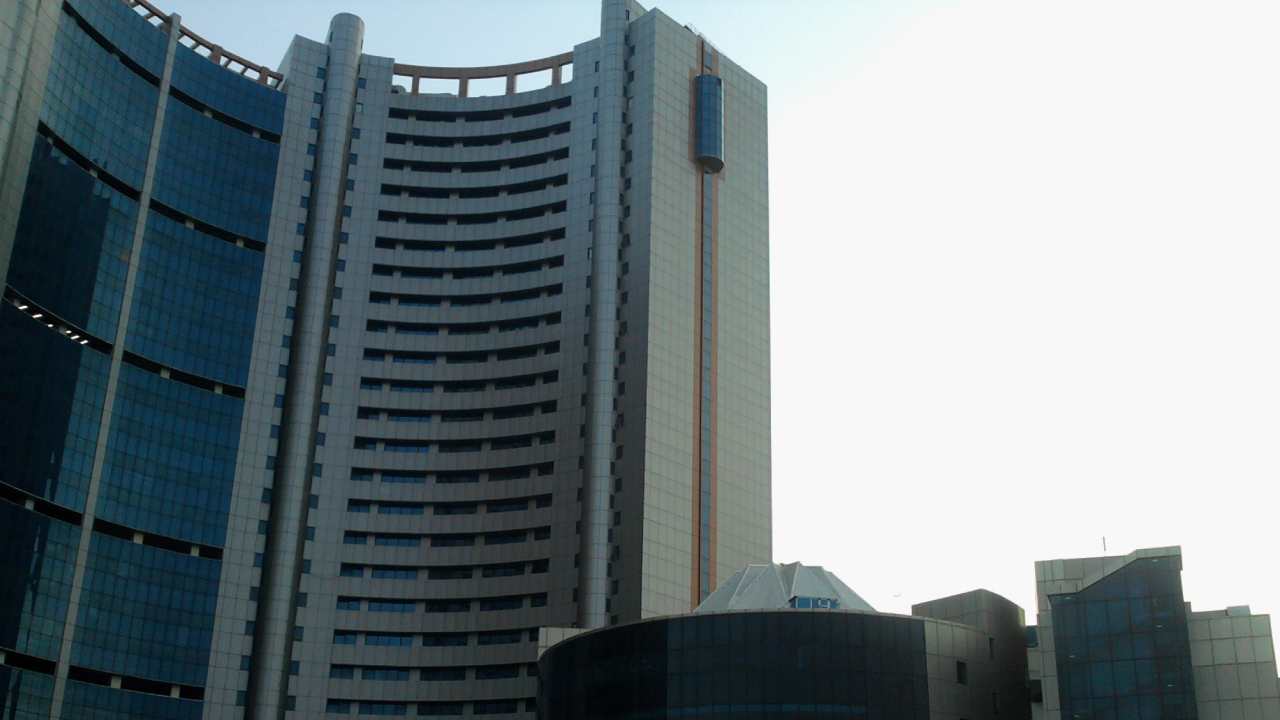A monitoring committee appointed by the Supreme Court in its latest report submitted to the top court has said that if the Delhi municipal corporations efficiently collected dues from properties all across the city, these bodies would not have been facing a financial crunch.
The observation holds importance as the crippling financial health of the three civic bodies—North, South and East municipal corporations—was one of the main reasons cited for their unification by the Centre. According to the finance department officials, the three civic bodies had a total deficit of more than ₹16,000 crores, which led to delays in payment of salaries and pensions causing repeated strikes by the staff.
The report, dated March 31, 2022, mentioned hundreds of crores in penalties imposed on various commercial spaces for the violation of the provisions of Master Plan 2021. The committee said that ₹372.4 crores have been imposed as penalties, including conversion, regularisation, parking and registration charges, in 542 cases decided so far by the panel.
The report added that ₹729.7 crores could have been realised by the agencies if they had taken coercive action in C-type tenements such as Amar Colony, arguing that strict action against the violators could have been made the civic bodies financially self-reliant and acted as a deterrent.
Set up in 2006 to identify unauthorised structures and check misuse of properties, the three-member monitoring committee comprises former advisor of Election Commission K J Rao, former Environment Pollution Control Authority (EPCA) chairman Bhure Lal and Major General Som Jhingon.
In a judgement delivered on 14 August 2020, the Supreme Court bench headed by Justice Arun Mishra ruled that the monitoring committee had the mandate to act only against commercial properties, not residential ones, which restricted the ambit of the sealing panel.


























